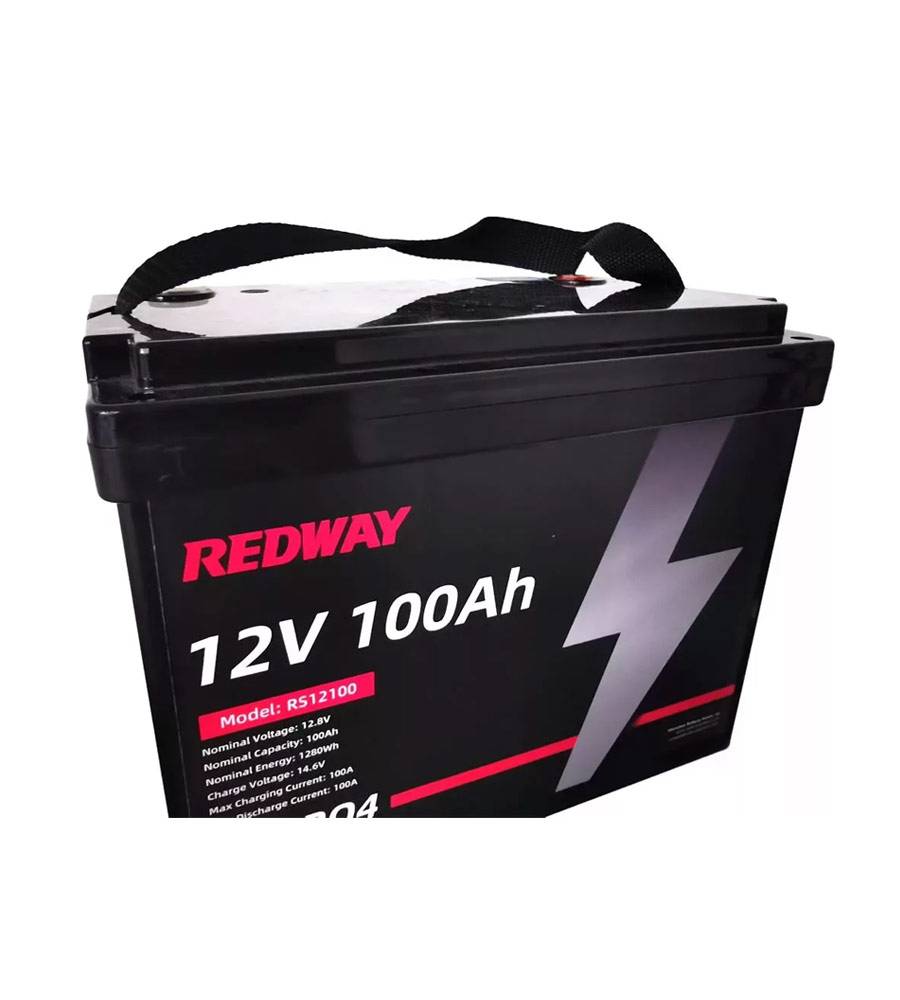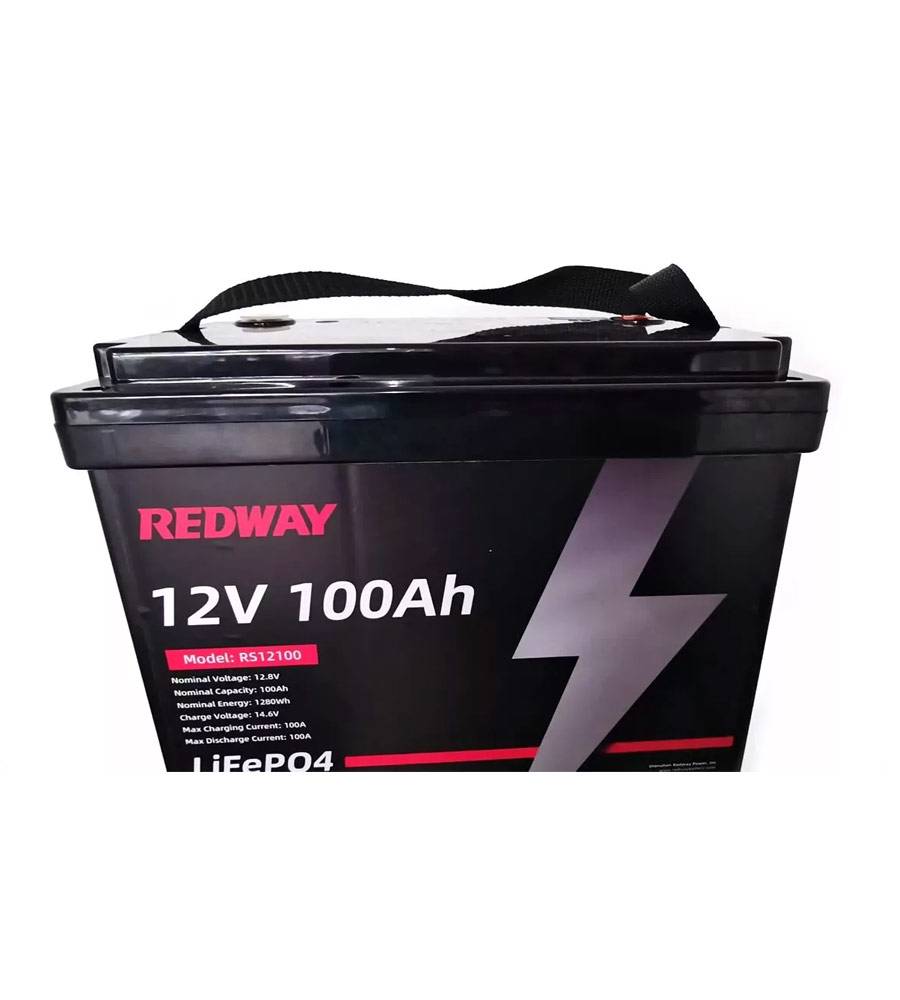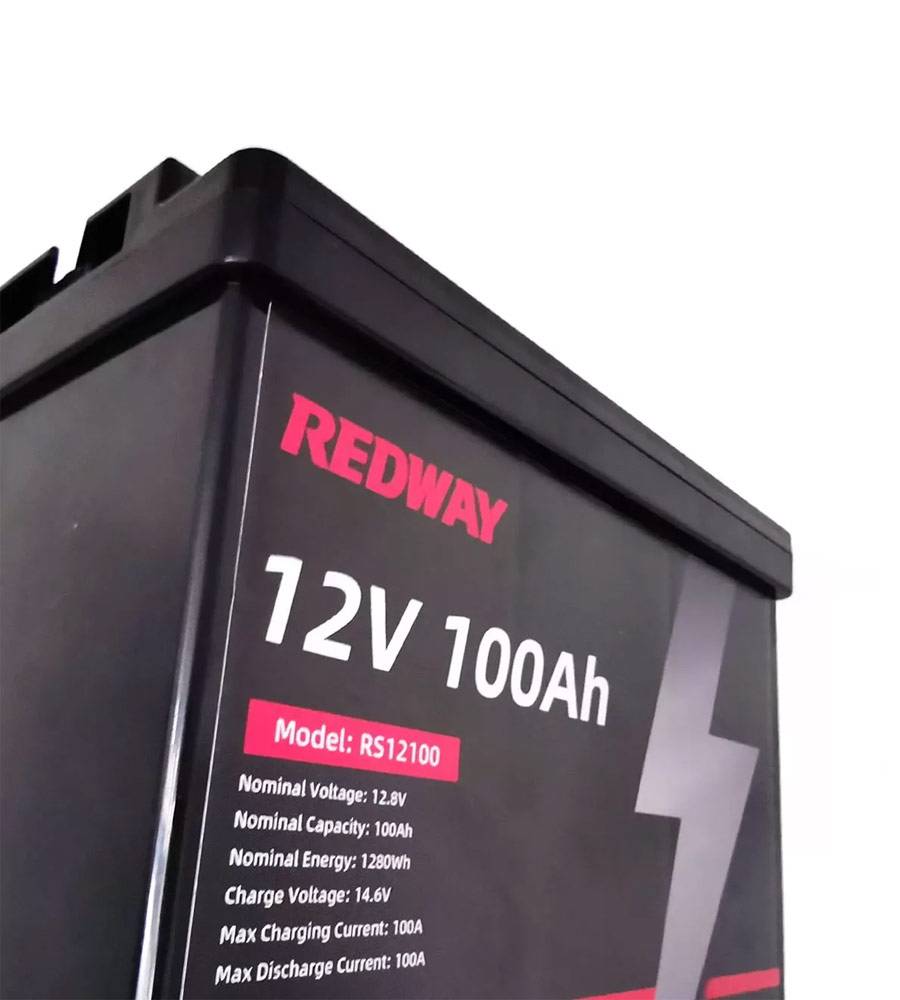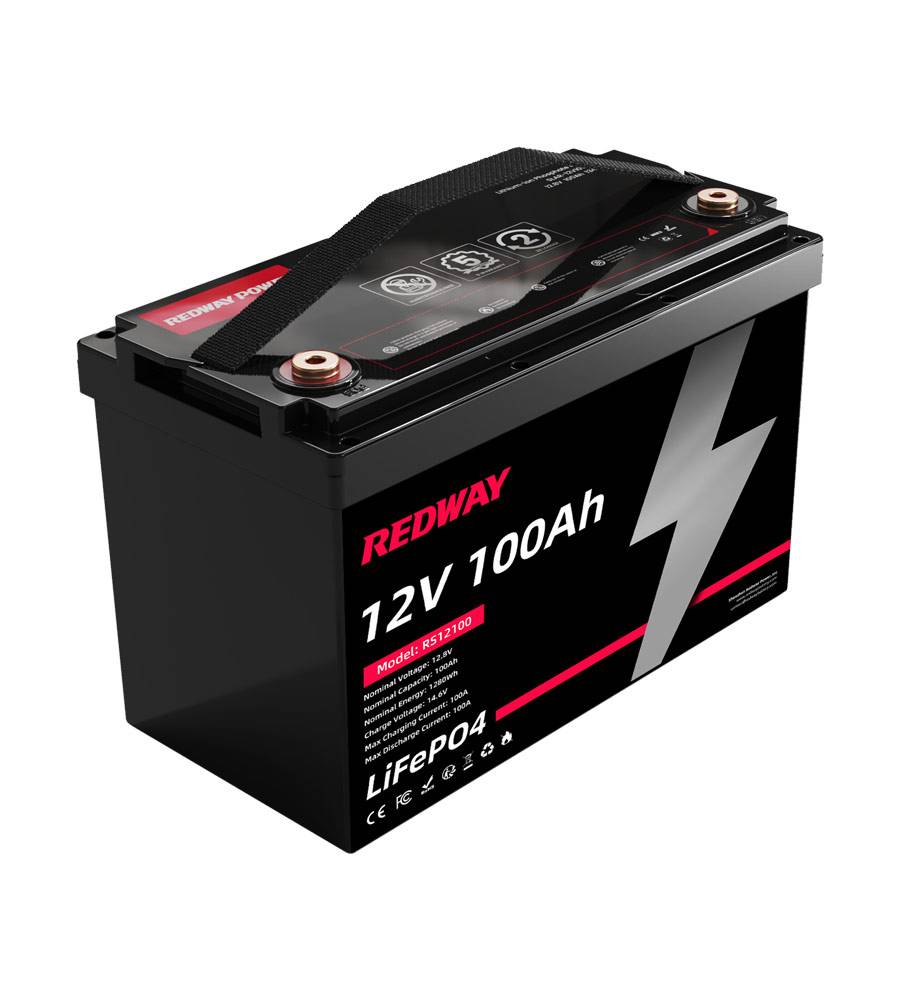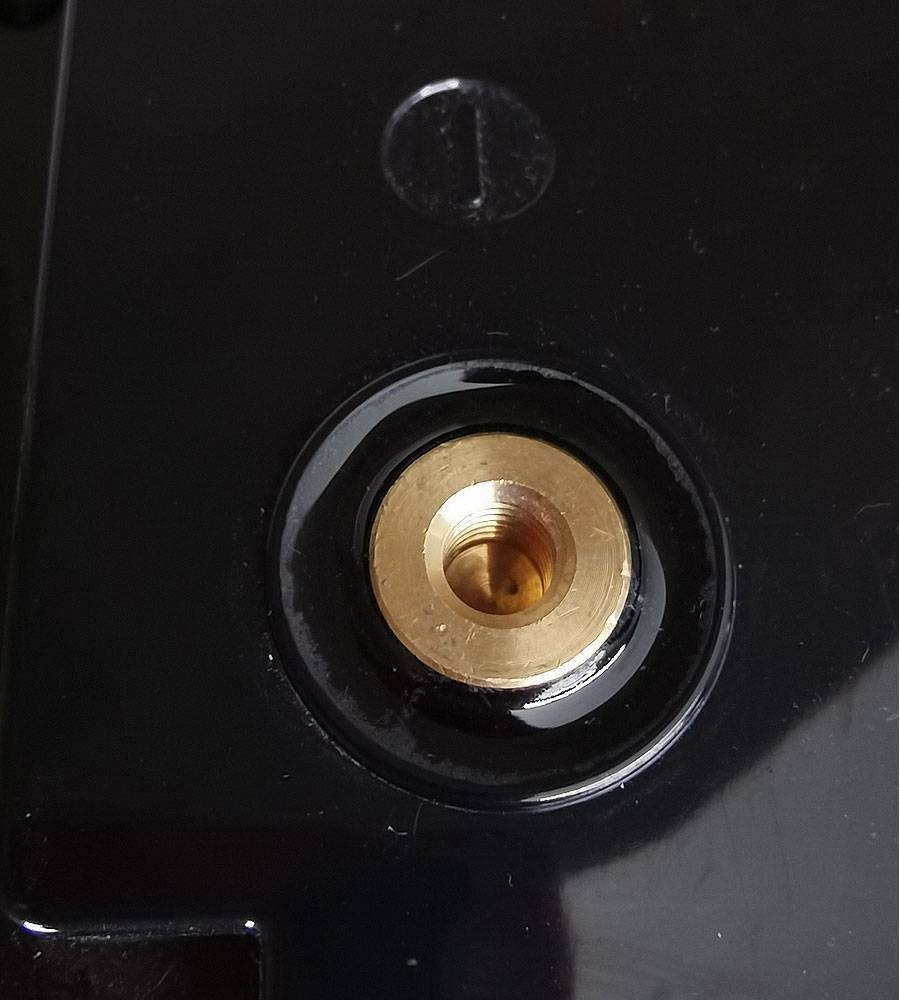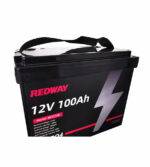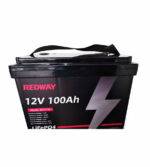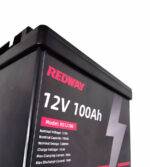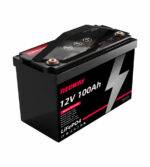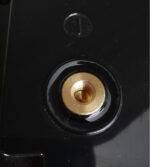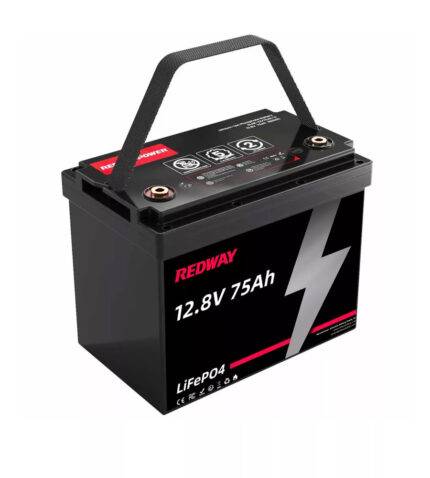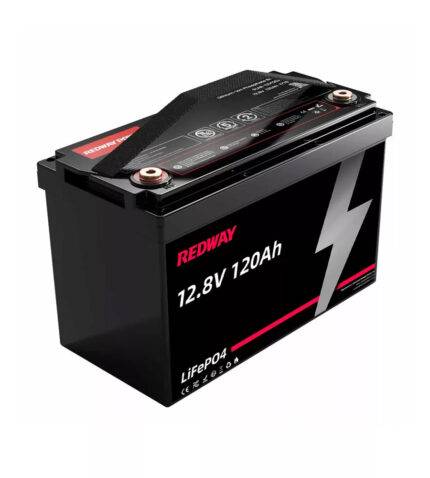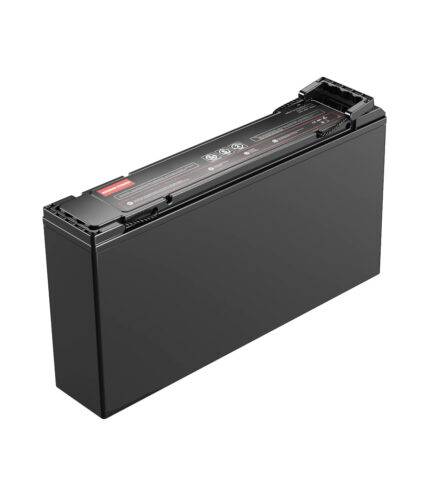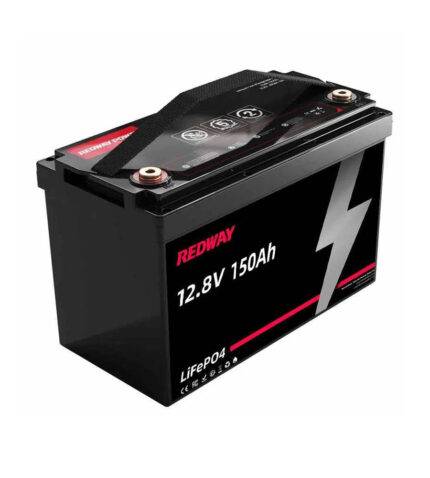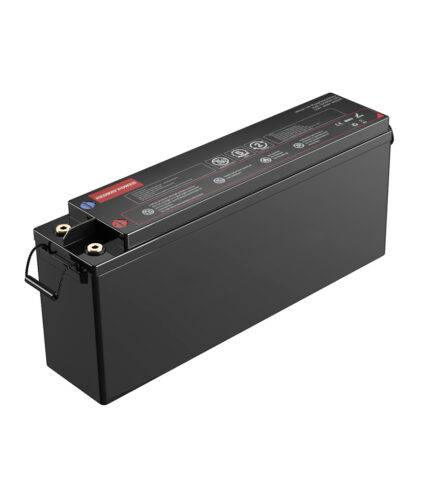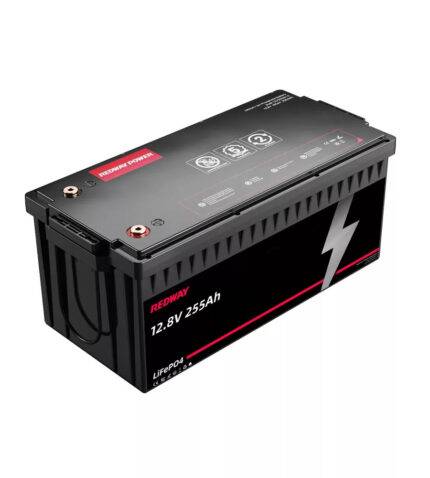- Forklift Lithium Battery
-
48V
- 48V 210Ah
- 48V 300Ah
- 48V 420Ah (949 x 349 x 569 mm)
- 48V 420Ah (950 x 421 x 450 mm)
- 48V 456Ah
- 48V 460Ah (830 x 630 x 590 mm)
- 48V 460Ah (950 x 421 x 450 mm)
- 48V 460Ah (800 x 630 x 600 mm)
- 48V 460Ah (820 x 660 x 470 mm)
- 48V 500Ah
- 48V 560Ah (810 x 630 x 600 mm)
- 48V 560Ah (950 x 592 x 450 mm)
- 48V 600Ah
- 48V 630Ah
-
48V
- Lithium Golf Cart Battery
- 12V Lithium Battery
12V 150Ah Lithium RV Battery
Bluetooth App | BCI Group 31
LiFePO4 Lithium
Discharge Temperature -20°C ~ 65°C
Fast Charger 14.6V 50A
Solar MPPT Charging - 24V Lithium Battery
- 36V Lithium Battery
- 48V Lithium Battery
-
48V LiFePO4 Battery
- 48V 50Ah
- 48V 50Ah (for Golf Carts)
- 48V 60Ah (8D)
- 48V 100Ah (8D)
- 48V 100Ah
- 48V 100Ah (Discharge 100A for Golf Carts)
- 48V 100Ah (Discharge 150A for Golf Carts)
- 48V 100Ah (Discharge 200A for Golf Carts)
- 48V 150Ah (for Golf Carts)
- 48V 160Ah (Discharge 100A for Golf Carts)
- 48V 160Ah (Discharge 160A for Golf Carts)
-
48V LiFePO4 Battery
- 60V Lithium Battery
-
60V LiFePO4 Battery
- 60V 20Ah
- 60V 30Ah
- 60V 50Ah
- 60V 50Ah (Small Size / Side Terminal)
- 60V 100Ah (for Electric Motocycle, Electric Scooter, LSV, AGV)
- 60V 100Ah (for Forklift, AGV, Electric Scooter, Sweeper)
- 60V 150Ah (E-Motocycle / E-Scooter / E-Tricycle / Tour LSV)
- 60V 200Ah (for Forklift, AGV, Electric Scooter, Sweeper)
-
60V LiFePO4 Battery
- 72V~96V Lithium Battery
- Rack-mounted Lithium Battery
- E-Bike Battery
- All-in-One Home-ESS
- Wall-mount Battery ESS
-
Home-ESS Lithium Battery PowerWall
- 24V 100Ah 2.4kWh PW24100-S PowerWall
- 48V 50Ah 2.4kWh PW4850-S PowerWall
- 48V 50Ah 2.56kWh PW5150-S PowerWall
- 48V 100Ah 5.12kWh PW51100-F PowerWall (IP65)
- 48V 100Ah 5.12kWh PW51100-S PowerWall
- 48V 100Ah 5.12kWh PW51100-H PowerWall
- 48V 200Ah 10kWh PW51200-H PowerWall
- 48V 300Ah 15kWh PW51300-H PowerWall
PowerWall 51.2V 100Ah LiFePO4 Lithium Battery
Highly popular in Asia and Eastern Europe.
CE Certification | Home-ESS -
Home-ESS Lithium Battery PowerWall
- Portable Power Stations
12V 100Ah Lithium LiFePO4 Battery Bluetooth Self-heating App (RV Battery, Marine Battery, Group 24)
• Self-Heating: Yes
• Cell: LiFePO4
• MOQ: 50
• Delivery: 20 Days
• Customizable / OEM / ODM: Yes
• Factory: Redway, Dongguan, Guangdong, China
• Delivery Terms: FOB, EXW, CIF
• Payment: T/T, L/C, PayPal
• Sea / Air / Land Shipment: 10FT, 20FT, 40FT, 60FT
Description
The 12V 100Ah Lithium LiFePO4 Battery from Redway Power is engineered for optimal performance in RVs and marine applications. Featuring Bluetooth connectivity and a self-heating function, this battery ensures reliable energy storage and management. With a capacity of 1280Wh and a robust design, it is perfect for OEM/ODM and wholesale buyers seeking high-quality power solutions.
Key Features:
- Advanced Self-Heating: The built-in self-heating feature allows the battery to operate efficiently in cold temperatures, enhancing performance.
- High Capacity: Provides a nominal capacity of 100Ah, delivering 1280Wh of energy for various applications.
- Long Cycle Life: Designed for over 6000 cycles at 80% Depth of Discharge (DOD), ensuring long-lasting reliability.
- Smart Connectivity: Equipped with Bluetooth and app integration for real-time monitoring and control of battery performance.
- Robust Safety Features: Includes an intelligent Battery Management System (BMS) that protects against overcharging, discharging, and temperature extremes.
Product Description:
Introducing the 12V 100Ah Lithium LiFePO4 Battery, a versatile power solution ideal for RVs, marine vessels, and off-grid applications. With a nominal voltage of 12.8V and an impressive energy output of 1280Wh, this battery is designed to meet the demands of modern energy needs.
This battery features advanced LiFePO4 technology, ensuring safety and efficiency. It operates effectively in a wide temperature range, with charging capabilities from 0°C to 60°C and discharging from -20°C to 65°C. Weighing approximately 9.8 kg (21.6 lbs), it is lightweight yet powerful enough to handle significant energy loads.
The self-discharge rate is kept low at ≤1.5% per month, allowing for extended storage without loss of capacity. With a maximum continuous charge and discharge current of 100A, this battery can handle demanding applications with ease.
For OEM/ODM clients, we offer extensive customization options, including silk-screen labeling and user manuals. Our flexible delivery terms (FOB, EXW, CIF) ensure that your orders are processed promptly within 20 days.
Choose the Redway Power 12V 100Ah Lithium LiFePO4 Battery for unparalleled performance, reliability, and smart technology in your energy storage solutions. Elevate your power capabilities with our trusted batteries—your adventure awaits!

Specifications
Download 12V 100Ah (Group 24) Datasheet
Note: Our products are customizable, allowing customers to modify the main data according to their requirements.
| Specifications | |
|---|---|
| Cell Type | LiFePO4 (LFP) |
| Rated Voltage | 12.8V |
| Rated Capacity | 100Ah |
| Rated Energy | 1280Wh (1.28kWh) |
| Charge Voltage | 14.6V |
| Discharge Cut-off Voltage | 10V |
| Max Continues Charge Current | 100A |
| Max Continues Discharge Current | 100A |
| Peak Discharge Current | 200A (5S) |
| Dimensions [L x W x H] | 260 x 168 x 210 mm (10.2 x 6.6 x 8.2 inches) Group 24 |
| Weight | ~9.8 kg (21.6 lbs) |
| Self-heating | Yes |
| Charger | Yes |
| Cycle Life | >6000 cycles (DOD 80%) |
| Internal Resistance | ≤10 mΩ |
| Max Series / Parallel | Series: 4 Parallel: 4 |
| Self-discharge | ≤1.5% per month |
| IP Rating | IP65 |
| Charge Temperature | 0°C ~ 60°C |
| Discharge Temperature | -20°C ~ 65°C |
| Optional Upgrades | Bluetooth / App / WiFi / 4G / GPS / LCD Display / RS485 / RS232 / CAN-bus / Anti-theft / Fast Charging / etc. |
| BMS | Over current, Over charge, Over discharge, Overload, Over voltage, Low-voltage, Over temperature, Low temperature, Overheat, etc. |
| Terminal | M8 |
| Battery Shell | ABS |
| Design Life | 10 Years |
| Warranty | 5 Years |
| Silkscreen / Label / Laser Logo | Yes |
| User Manual | Yes |
| Customization / OEM / ODM | Yes |
| Shipment | Yes |
| Applicable to: | RVs, Motorhome, Trailer, Marine Boat, Yacht, Fishing Boat, Trolling Motor, Solar ESS, Solar System, Off Grid Living, Camping Living. |
| Certification | UL 1642 / IEC 62133 / IEC 62619 / CE / RoHS / MSDS / UN38.3 |
Applications and FAQs
Do I need to change my RV converter for lithium batteries?
Yes, you typically need to change your RV converter when switching to lithium batteries. Lithium batteries require a converter that can handle their specific charging profile, ensuring they charge efficiently and safely without damaging the battery.
Which lithium battery is best for RV?
The best lithium battery for RV use is often a lithium iron phosphate (LiFePO4) battery. It offers a longer lifespan, faster charging times, and better safety compared to other lithium types. Brands like Battle Born and Renogy are popular choices among RV owners.
Do I need a special inverter for a lithium battery?
Yes, using a pure sine wave inverter is recommended for lithium batteries. This type of inverter provides clean power suitable for sensitive electronics in your RV, ensuring optimal performance and longevity of your lithium battery system.
How do I know if my RV can use lithium batteries?
Check your RV's electrical system specifications and existing components. If your converter and charger are compatible with lithium batteries, and your wiring can handle the load, your RV can likely use lithium batteries. Consult your manufacturer for specific recommendations.
Who is the best LiFePO4 battery manufacturer?
Some of the best LiFePO4 battery manufacturers include Battle Born Batteries, Renogy, and AIMS Power. These companies are known for producing high-quality, reliable batteries with excellent customer support and warranties tailored for RV applications.
Can I use LiFePO4 battery for inverter?
Yes, you can use a LiFePO4 battery with an inverter. These batteries are well-suited for inverter applications due to their high discharge rates and efficiency. Ensure that your inverter is compatible with the voltage and specifications of the LiFePO4 battery.
What are the disadvantages of LiFePO4 batteries?
The disadvantages of LiFePO4 batteries include higher initial costs compared to lead-acid batteries and potential sensitivity to extreme temperatures. Additionally, they may require specialized chargers and monitoring systems to ensure optimal performance and safety.
What is the lifespan of a LiFePO4 battery?
A LiFePO4 battery typically has a lifespan of 10 to 15 years, depending on usage patterns and maintenance practices. They can withstand thousands of charge cycles while maintaining a high capacity throughout their life.
Do you need a special charger for a LiFePO4 battery?
Yes, you need a special charger designed for LiFePO4 batteries. These chargers provide the correct charging profile necessary for optimal performance and safety, preventing overcharging or undercharging that could damage the battery.
Why are LiFePO4 chargers so expensive?
LiFePO4 chargers tend to be more expensive due to their advanced technology and features designed specifically for lithium iron phosphate chemistry. They offer precise voltage control, temperature monitoring, and safety protections that justify their higher price compared to standard chargers.
Can I replace my lead-acid RV battery with a lithium battery?
Yes, you can replace your lead-acid RV battery with a lithium battery. However, ensure that your charging system is compatible with lithium technology. Upgrading may also require changes to your converter or wiring to accommodate different charging requirements.
Do I need a special charger for lithium batteries in my RV?
Yes, using a special charger designed for lithium batteries in your RV is essential. These chargers ensure proper charging profiles that prevent damage and optimize performance while extending the lifespan of your lithium battery.
How long will a 100Ah deep cycle battery last?
A 100Ah deep cycle battery can last approximately 10 hours when drawing 10 amps continuously (100W load). Actual runtime will vary based on usage patterns, discharge rates, and environmental conditions.
How long will a 3000W inverter run on a 100Ah battery?
A 3000W inverter running on a 100Ah battery at 12V will last about 1 hour if fully loaded (3000W). However, actual runtime will be shorter due to inefficiencies in the inverter and depth of discharge limits of the battery.
How do you calculate how long a 100Ah battery will last?
To calculate how long a 100Ah battery will last, divide its capacity by the load in amps. For example: if drawing 10 amps continuously, it would last 100 Ah10 A=10 hours10 A100 Ah=10 hours.
Is it better to have 2 100Ah batteries or 1 200Ah battery?
Using two 100Ah batteries in parallel offers advantages such as increased redundancy and flexibility in managing loads. If one fails, the other can still operate. A single 200Ah battery, however, may take up less space but lacks this redundancy.
Can I connect 12V 100Ah and 12V 200Ah batteries in parallel for a 12V system?
Yes, you can connect 12V 100Ah and 12V 200Ah batteries in parallel, but it’s not ideal due to differences in capacity leading to uneven charging/discharging rates. For optimal performance, it's best to use batteries of similar capacity.
What is the difference between a 100AH and a 200Ah battery?
The difference between a 100AH and a 200Ah battery lies in their capacity; the 200Ah version can store twice as much energy as the 100AH version. This results in longer runtimes but requires appropriate charging systems for effective use.
How long will a trolling motor run on a 100Ah battery?
A trolling motor running on a 100Ah battery will last approximately 5-10 hours, depending on its power draw (typically between 30-60 amps). Actual runtime varies based on speed settings and conditions during operation.
How long does it take to charge a 12 volt 100Ah battery?
Charging a 12 volt 100Ah battery typically takes between 8-12 hours using an appropriate charger at standard current levels (10A). Charging time may vary based on charger output and initial state of charge.
Can an inverter be too big for a battery?
Yes, an inverter can be too big for a battery if it exceeds the battery’s capacity or discharge rate. Using an oversized inverter may lead to inefficient operation or damage due to excessive load on the battery system.
How many solar panels do I need for a 200Ah battery?
To effectively charge a 200Ah battery, you generally need about 400W to 600W of solar panels, depending on sunlight availability and system efficiency. This ensures adequate energy production throughout the day for optimal charging.
Can a 500W solar panel charge a 200Ah battery?
Yes, a 500W solar panel can charge a 200Ah battery, provided there is sufficient sunlight. It typically allows for efficient charging during peak sunlight hours but consider factors like weather conditions and panel orientation for optimal performance.
Can an 80W solar panel charge a 100Ah battery?
An 80W solar panel can charge a 100Ah battery, but it will take significantly longer due to limited output. Under ideal conditions, it may provide enough energy over several days; however, it's not ideal for quick recharges or heavy usage scenarios.















